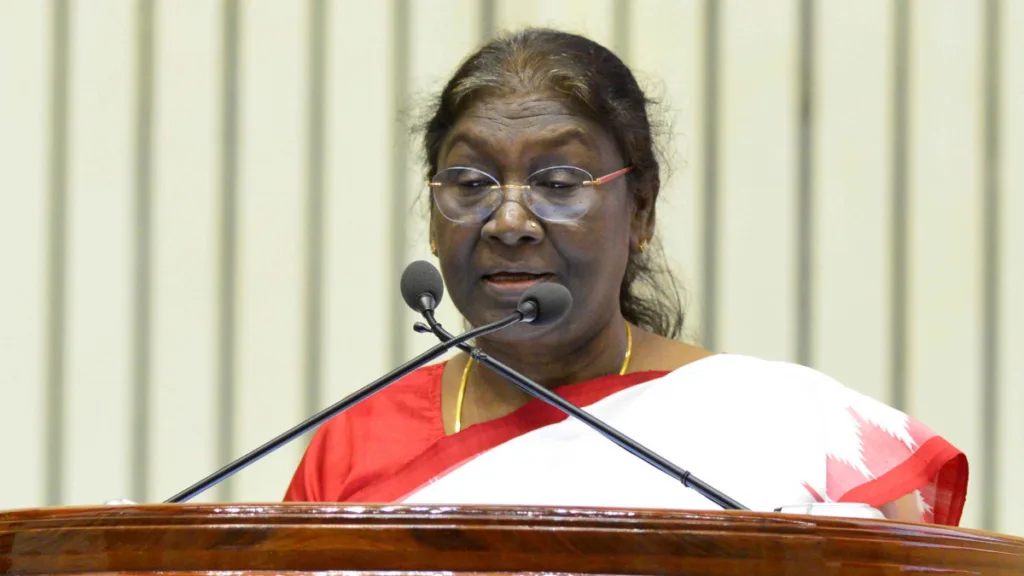Historic Women’s Reservation Bill Becomes Law
After passing through both houses of Parliament, the Women’s Reservation Bill received the President’s approval on September 29, officially becoming a law.
President’s Assent
President Droupadi Murmu granted her assent to the Women’s Reservation Bill, turning it into an Act. This momentous development paved the way for significant changes in Indian politics.
Effective Date Awaited
While the legislation has become law, it won’t come into immediate effect. The Government of India, in a gazette notification, mentioned that the law’s implementation date would be determined by the central government through an Official Gazette notification. This waiting period is due to the necessity of conducting a census and delimitation exercises before reserving one-third of the seats in the Lok Sabha and state assemblies for women.
Nari Shakti Vandan Adhiniyam
Officially known as Nari Shakti Vandan Adhiniyam, this law aims to empower women in politics by reserving one-third of seats in the Lok Sabha and all state assemblies for female candidates.
Parliamentary Approval
The Women’s Reservation Bill encountered its share of debates and discussions in Parliament. In the Lok Sabha, it received overwhelming support with 454 MPs voting in favor and only 2 opposing it. These two opposing voices demanded a sub-quota for women from the Other Backward Class (OBC) and minority communities.
In the Rajya Sabha, the Bill passed unanimously on September 21, with 214 MPs voting in its favor.
Criticism and Concerns
While the Bill has garnered broad support, the government has faced criticism for not implementing the women’s reservation immediately. Union Home Minister Amit Shah addressed this concern during the bill’s discussion, explaining that it couldn’t take effect before 2029 due to the pending census and delimitation.
The Opposition, while supporting the Bill, expressed their disappointment with the delay. Congress chief Mallikarjun Kharge even referred to it as a “jumla” (a political promise) by the BJP, suggesting that it might not come into effect until 2034. Despite the criticisms, the Women’s Reservation Bill represents a significant step toward promoting gender equality in Indian politics.
Also Read: PM Trudeau Emphasizes Canada’s Commitment To Strengthen Ties With India






